The Advisory Committee on Immunization Practices (ACIP) met July 22, 2021 to review data regarding COVID booster vaccinations for immunocompromised people. This is a summary of the that meeting, and the slides from the meeting are attached as well.
On August 12, 2021 the FDA approved COVID vaccinations for a third booster injection in immunocompromised people. This was the first step towards booster vaccinations. Today, the Advisory Committee on Immunization Practice (ACIP) meets to review the data to make recommendations regarding specifics about timing and who should receive the booster.
The recommendations are expected to follow discussion at the July 22nd meeting of the ACIP. There are two main questions to be answered. Who is considered immune compromised and timing of the booster dose.
For the purposes of this discussion, immunocompromised people are only 2.7% of the US population. Categories are likely to include stem cell and solid organ transplant recipients, people with hematologic and solid organ cancers, severe primary immunodeficiencies, people living with HIV, people being treated with cancer chemotherapy, tumor necrosis factors, certain biologic agents such as rituximab and people being treated with high dose steroids. High dose steroids are defined as prednisone 20 mg daily or more for more than 2 weeks. The definition may include people with chronic renal failure or advanced kidney disease, dialysis patients, patients with nephrotic syndrome or people with lack of a functional spleen.
Studies so far have shown that the vaccines are between 71-80% effective to prevent COVID infection in the immunocompromised compared to 90% in the non-immunocompromised after 2 doses. They have also shown 75% effectiveness compared to 94% effectiveness respectively for symptomatic COVID infection. Prevention of COVID hospitalizations have been 59% and 91% respectively among the two groups.
The ACIP has quoted four studies ranging in size from 30 to 106 people regarding effectiveness of third doses. In those studies people who were antibody negative after two doses of vaccine were then tested after a third dose. Between 33% and 50% or people converted and had antibodies after the third dose.
Currently the recommendation is not to test for antibodies or cellular immune testing (T-cell tests) are not recommended. This recommendation may change in the future.
More communication will follow after the ACIP meets to make their recommendations. At this time the discussion is about immunocompromised people only. Expectations are that booster doses for everyone will be recommended in the future. Efficacy of the vaccine for the general population has been shown to persist for over 8 months so far.
We are proud to report that our office delivered over 1400 vaccine doses with the first round. This compares to large institutions such as Rush Medical Center that gave out 100,000 doses during the same period. For comparison purposes, our office is a staff of four compared to theirs of 12,000.



